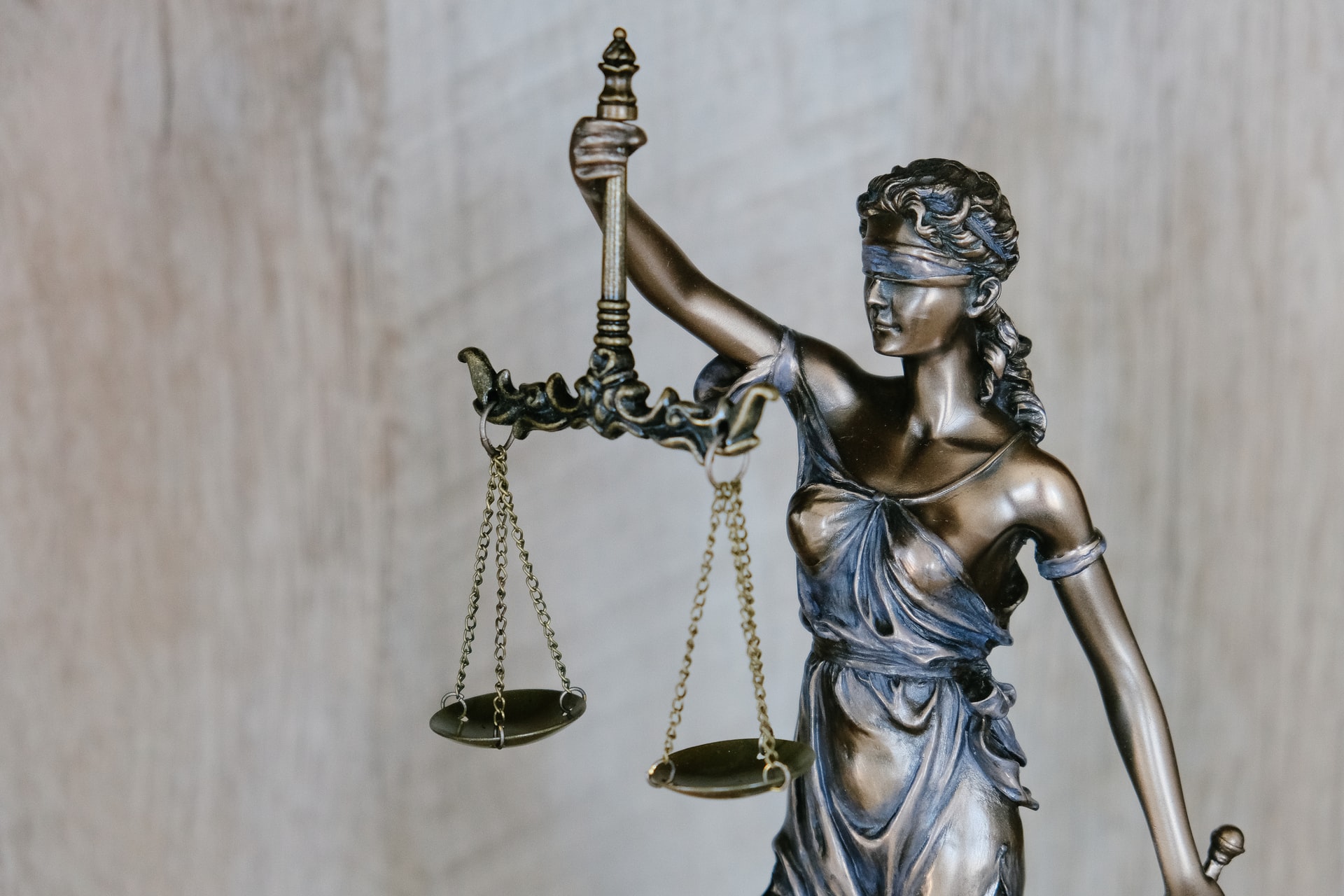A Lasting Power of Attorney (LPA) grants someone, (usually a trusted friend, relative, or professional) the legal right to make decisions regarding the health, welfare, or property and finances of a “donor”. The donor appoints their chosen trusted person, known as the “attorney” because they
have lost the ability to make such decisions for themselves.
Sadly, due to the power and control that an attorney is afforded, financial abuse of vulnerable people is an issue in the UK.
The Office of Public Guardian (OPG) deals with concerns relating to abuse of power, and is trying to crack down on this to protect and safeguard the rights of these protected people.
How can someone abuse their power as an attorney?
An attorney can misuse their powers of trust intentionally or unintentionally. It may be that when an individual is given LPA, they don’t quite understand the role and the legal position they hold, and may therefore act out of line without realising the consequences of their actions.
There are a number of ways in which an attorney can abuse their power, such as by making decisions that are not in the best interests of the donor, misusing the donor’s money or property, neglecting their welfare or using their powers illegally. Some attorneys can use their position for their own financial gain, such as transferring some of the donor’s money to themselves or moving property into their own name.

What are the warning signs?
There can be some red flags that may suggest that someone is misusing their powers as LPA. For instance, if the attorney is mixing their money with the donor’s money and not maintaining separate bank accounts, or taking loans or credit cards out in the donor’s name, this may suggest that the attorney is using the money for their own benefit. An attorney must use the donor’s money for the donor’s benefit only, therefore it is important that money is kept separate and receipts are saved to evidence purchases.
If the attorney is buying expensive items with the donor’s money, this might ring alarm bells. Whilst attorneys can buy gifts for people who are linked to the donor, it is not proportionate to be spending large sums on their behalf, unless necessary to support the welfare and needs of the donor.
The attorney has a duty to settle the donor’s bills and expenses and if these are not being paid, it may be suspicious, as it would question what is actually happening to the money instead.
What should I do if I suspect an attorney is abusing their power?
It is important to take action if abuse or misuse of power is suspected because in most cases, vulnerable people are totally reliant on their attorney. You can
seek legal advice if you are unsure what to do and can also
contact the OPG who can take legal action against attorneys, which may include applying to the Court of Protection.